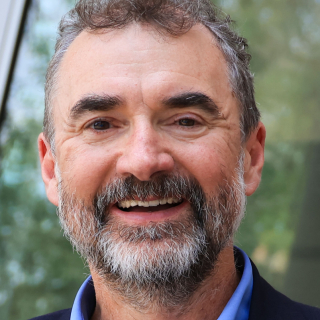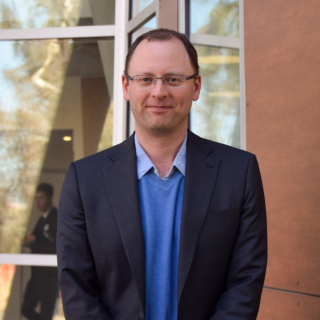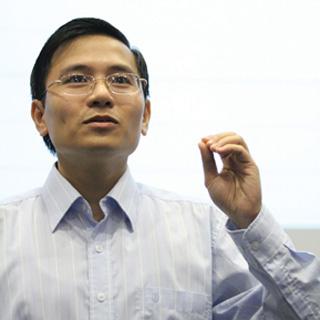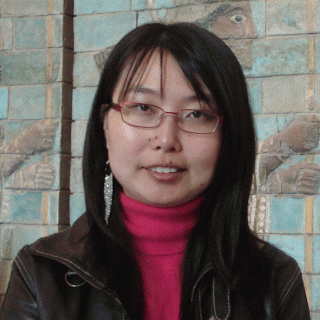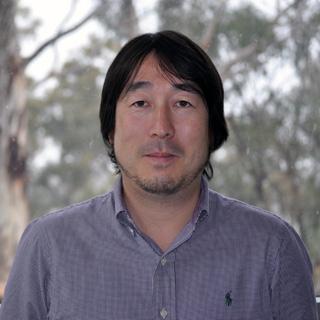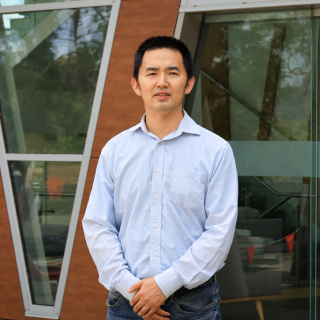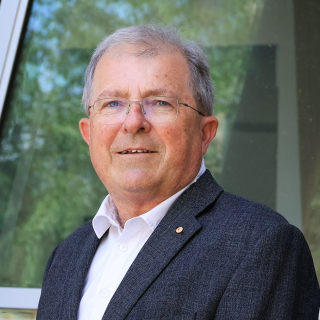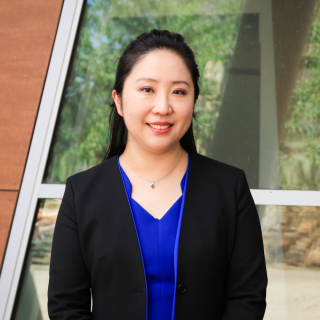Graduate Certificate of Environmental and Resource Economics
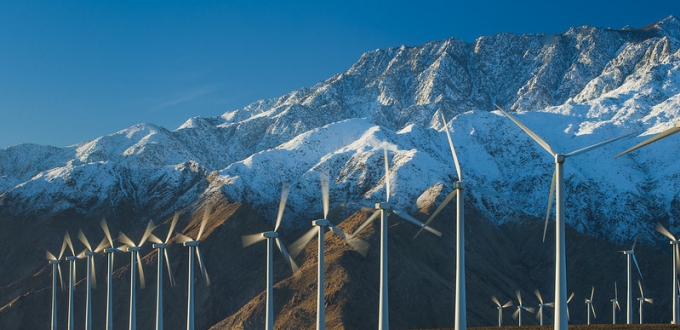
Overview
There has never been a better time to upskill, retrain, and change track. This Graduate Certificate could be your gateway to becoming an economics specialist on environmental and resource issues. Apply now.
Study in-person or online
In 2024, all graduate courses offered by the Crawford School will be available for either in-person or online study. All students are expected to attend live sessions at particular times each week for their courses. Crawford online courses are not ‘study at your own pace’. International students studying on an Australian student visa should enrol in in-person courses.
About the program
In six months full time, or equivalent part time, our world-class academics are here to guide and support you through a study journey that could be life changing.
You will have the opportunity to explore the field of environmental and resource economics and become equipped with knowledge and skills that are in high demand.
The program will enable you to understand fundamental economic concepts and theories, apply analytical tools to real world questions, and engage in tackling complicated issues in environment management and climate change policy making.
You will learn from globally renowned experts in the field, enjoy flexible study modes at your own pace, interact with future leaders, and be part of the Crawford School alumni network. After successful completion, you will be eligible to apply for credit towards the Master of Environmental and Resource Economics.
Upon completion of the study, you will be able to:
- Understand and analyse economic policies.
- Use economic concepts and methods to analyse key issues in environmental and resource economics.
- Engage with the academic literature in applied economics.
The latest Global Employability University Ranking, published by the Times Higher Education, rated ANU as Australia’s top university for getting a job for the fourth year in a row. Crawford School’s graduates in environmental economics are playing key roles in Australian Commonwealth and state governments; non-governmental organisations; and international agencies.
Application Deadlines
Please note application deadlines are different for domestic or international students.
Domestic students
This program is with pre-sessional program (PSP) component for domestic students.
Apply by 31 May 2024 for Semester 2 (S2) 2024 and by 15 Dec 2024 for Semester 1 (S1) 2025
Orientation and PSP for S1 2024 is from 11 January to 9 February 2024 and for S2 2024 from 13 June to 12 July 2024.
International students
Find ANU’s general application and acceptance deadlines by visiting the webpage linked here.
Key dates for application:
• Semester 2 2024 intake:
Final closing dates: 15 April 2024
Final acceptance date: 1 June 2024*
Orientation and PSP are from 11 January to 9 February 2024 for S1 2024 and from 13 June to 12 July 2024 for S2 2024.
• Semester 1 2025 intake:
Final closing dates: 15 October 2024
Final acceptance dates: 1 December 2024*
*Some students may need to accept well before this date to allow for visa processing times in their country.
For study in person, view the full degree program structure, admission requirements and academic information.
For study online, view the full degree program structure, admission requirements and academic information
To find out more, contact us today at crawford.degrees@anu.edu.au.
Degree structure
Duration
Six months full time, or equivalent part time.
Admission requirements
• A Bachelor degree or international equivalent with a minimum GPA of 4/7.
Program structure
The Graduate Certificate of Environmental and Resource Economics requires the completion of 24 units selected from a range of key courses to support upskilling and retraining.
View the detailed degree program structure, admission requirements and academic rules information.
Your career
The latest Global Employability University Ranking, published by the Times Higher Education, rated ANU as Australia’s top university for getting a job for the fourth year in a row.
Crawford School’s graduates in environmental economics are playing key roles in Australian Commonwealth and state governments, not-for-profits and social enterprises, advocacy organisations, international bodies and agencies.
Academics
Shiro Armstrong
Director, Australia-Japan Research Centre; Director, East Asian Bureau of Economic Research; and Professor, Crawford School
Contact details
Paul Burke
Professor; Head, Arndt-Corden Department of Economics; Deputy Director, Crawford School of Public Policy
Contact details
Quentin Grafton
Professor and Laureate Fellow; Chairholder UNESCO Chair in Water Economics and Transboundary Water Governance
Contact details
Warwick McKibbin
Distinguished Professor and Director, ANU Centre for Applied Macroeconomic Analysis (CAMA) in the Crawford School of Public Policy at the Australian National University (ANU)
Contact details
Hoa Nguyen
Associate Professor; Editor of Asia and the Pacific Policy Studies; Editor of PLOS ONE; Editor of ANU Press on Public Policy;
Contact details
Toan Nguyen
Lecturer and Research Fellow – Development Policy Centre
Contact details
Room: +61 2 6125 3826
Budy P Resosudarmo
Professor, Arndt-Corden Department of Economics; Head, Indonesia Project
Contact details
Scholarships and fees
Tuition fees, aid and scholarships
Costs associated with your study at ANU will depend on a number of things, including your study program and whether you’re a national or international student.
Find out more about costs and fees associated with studying at ANU.
Updated: 1 July 2024/Responsible Officer: Crawford Engagement/Page Contact: CAP Web Team










